We caught up with the brilliant and insightful Doug Williams a few weeks ago and have shared our conversation below.
Hi Doug, thanks for joining us today. Earning a full time living from one’s creative career can be incredibly difficult. Have you been able to do so and if so, can you share some of the key parts of your journey and any important advice or lessons that might help creatives who haven’t been able to yet?
Yes, though the definition of “your creative work” has to be broad. I live in a place that isn’t part of the music industry, so that presents challenges, along with a higher state of existential angst amongst clients. I haven’t had a W-2 job in my adult life. I also restore and modify old studio related vacuum tube equipment that recording studios like, so it’s a related angle involving design creativity. A lot of my own equipment is customized to suit my needs, and when I have the bandwidth I offer those services. It’s important to recognize your core value and be flexible in what it means to apply it. I focus on recording music made by people with analog instruments, but many of the skill sets apply, and can be used and broadened, elsewhere. I’ve been fortunate to make some great records with artists known and unknown. I’ve found the nature of the music business dictates reinvention/reintroduction about every 3 years, people are mostly interested in recent success. When business is slower, there are always tangential freelance jobs available in other fields like live sound, broadcast, corporate event production, film/TV, etc, which all require different mixes of the same skillsets, and perhaps most importantly, differing relational structures with the clients. Some jobs you lead, some you are simply a member of a team, some are clear and direct, some require management of artistic existential angst, and it sometimes can’t be predicted which it will be. My side forays have all contributed to my overall skill set, for example I subconsciously learned a lot about mixing vocal driven music from working with the spoken word in broadcast and live sound, aspects that are not as apparent had I stayed in the one bucket. Technology and tastes are always changing, so constant adaptation is crucial, and/or a conscious decision NOT to adapt to something you don’t wish to be a part of, to avoid mission dilution. It’s hard for me to define major steps and milestones given the shifting nature of music, events that seem like they should be often don’t lead to anything more/bigger, so the path isn’t at all clear. I have been busier than ever the last few years, so surviving the pandemic is probably one of those milestones! Speeding up the process? I wish I’d had the interpersonal skills I have now when I was starting out, that would have done more than really anything else.
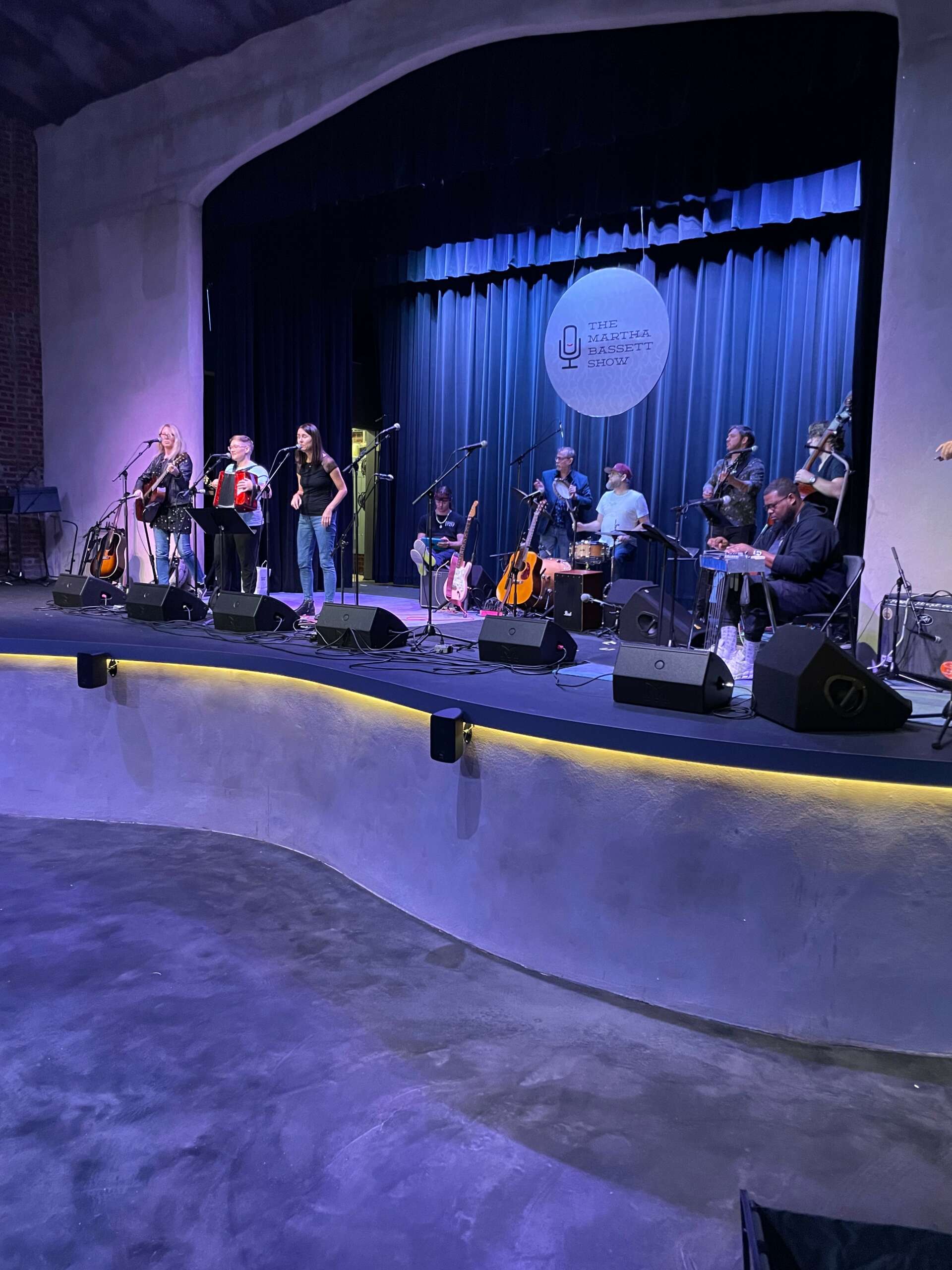
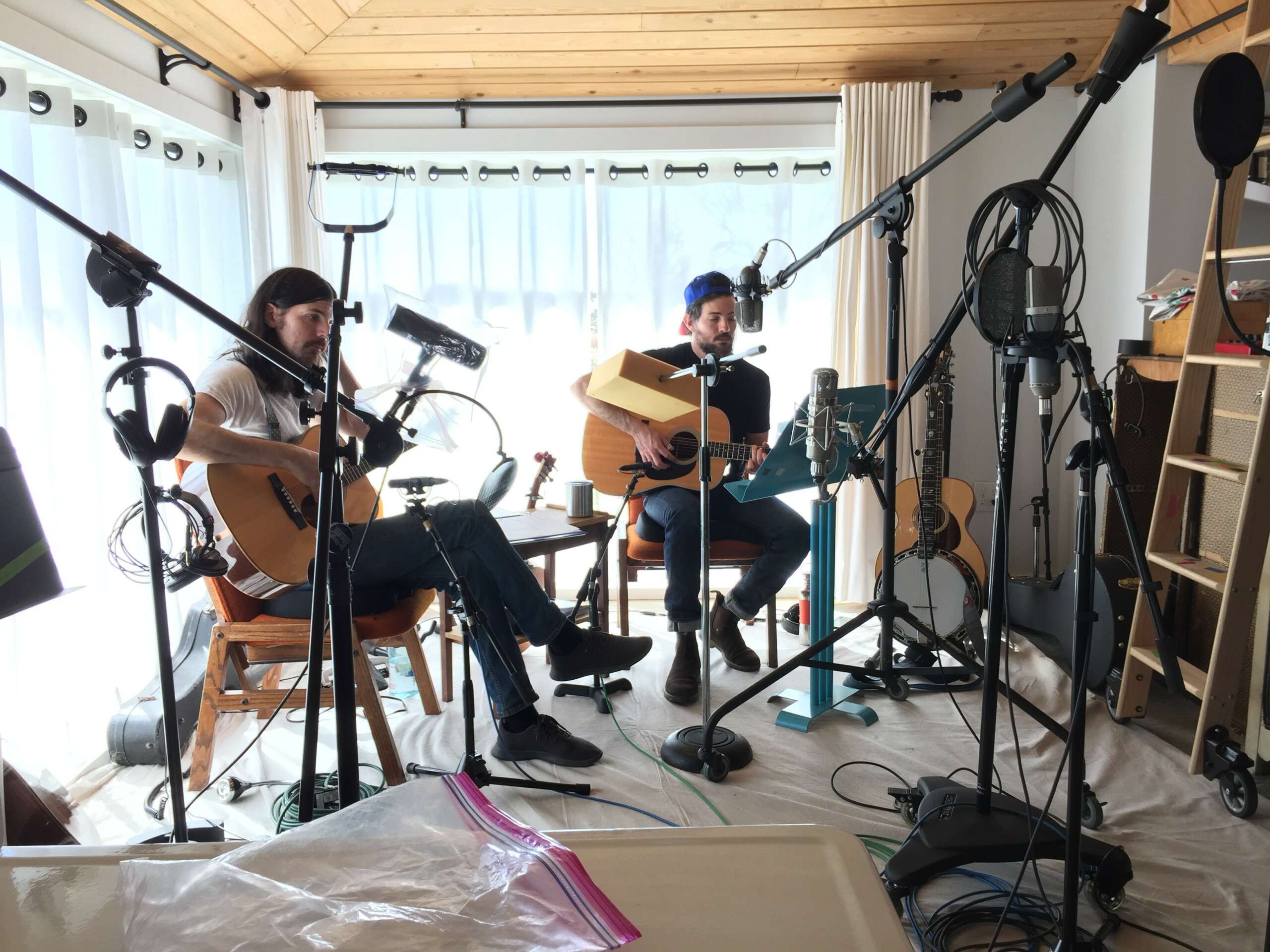
Great, appreciate you sharing that with us. Before we ask you to share more of your insights, can you take a moment to introduce yourself and how you got to where you are today to our readers.
I was in bands from high school on, and was always the guy recording everything. Dissatisfied with most of the work coming out of local studios. I attended the Recording Workshop, which I really did to educate myself on how to pre-produce a band before entering a studio. As equipment costs came down radically, I started adding to my tool set, and did a lot of remote recording work, club recordings, rehearsal spaces, etc. I would try to take larger projects into local studios, but found it hard to get the time I needed with any reliability, so my services advanced to having more space and equipment. I can’t say there was really a plan, so much as just managing the demands I was seeing. I was still in bands, so meeting other artists in the music scenes came naturally.
I make records, to use the vintage term. My most comfortable place is recording a fully live performance, everyone at once. I prefer the sound of musicians playing together, and I like capturing that both in the studio and on the stage, then following through to final formatting for delivery. I know where to put microphones and when to change them for different microphones, and try to get as close to the finished product as possible with those decisions. I can get good authentic and appropriate sounds in rock, pop, jazz, folk, Americana, punk, having worked with them all. I’ve studied historical technology and techniques, and can deliver an authentic retro sound if desired. I’m proud of the live mix work I have done on The Martha Bassett Show for live broadcast, any and all music projects that follow through to audience delivery, really anything that manages to get heard, all stages of work I’ve done for The Avett Brothers when they were starting out and of little means as well as their most recent record. I have a solid foundation in constructing and troubleshooting an array of audio production technology and can identify needs and solutions quickly. I have also worked with other studios to restore and modernize vintage recording equipment, one of the most interesting was getting a large mid-1930’s microphone signal path system up and running; really sounded great and surprisingly modern, with strong vintage flavor at the same time.
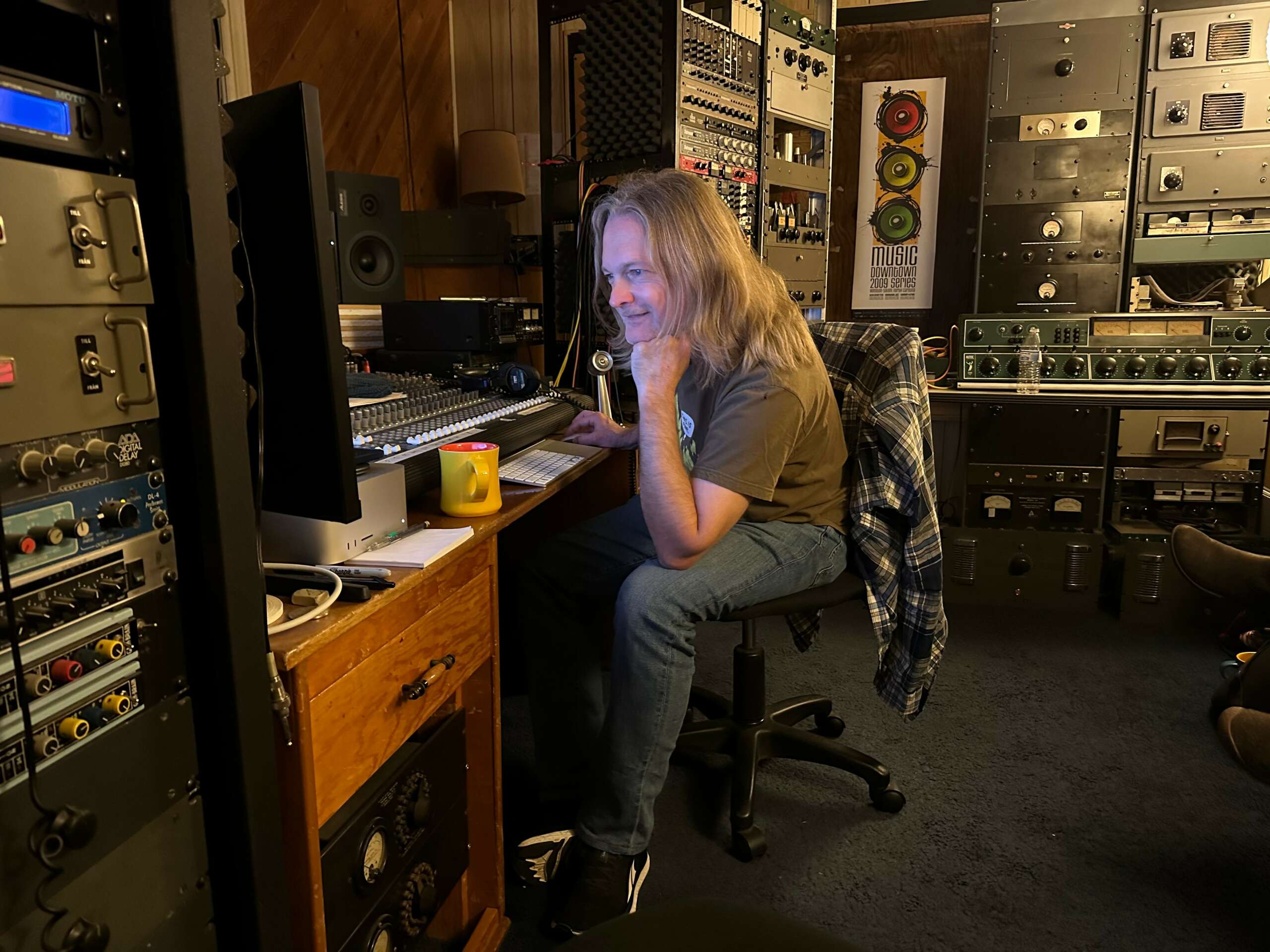
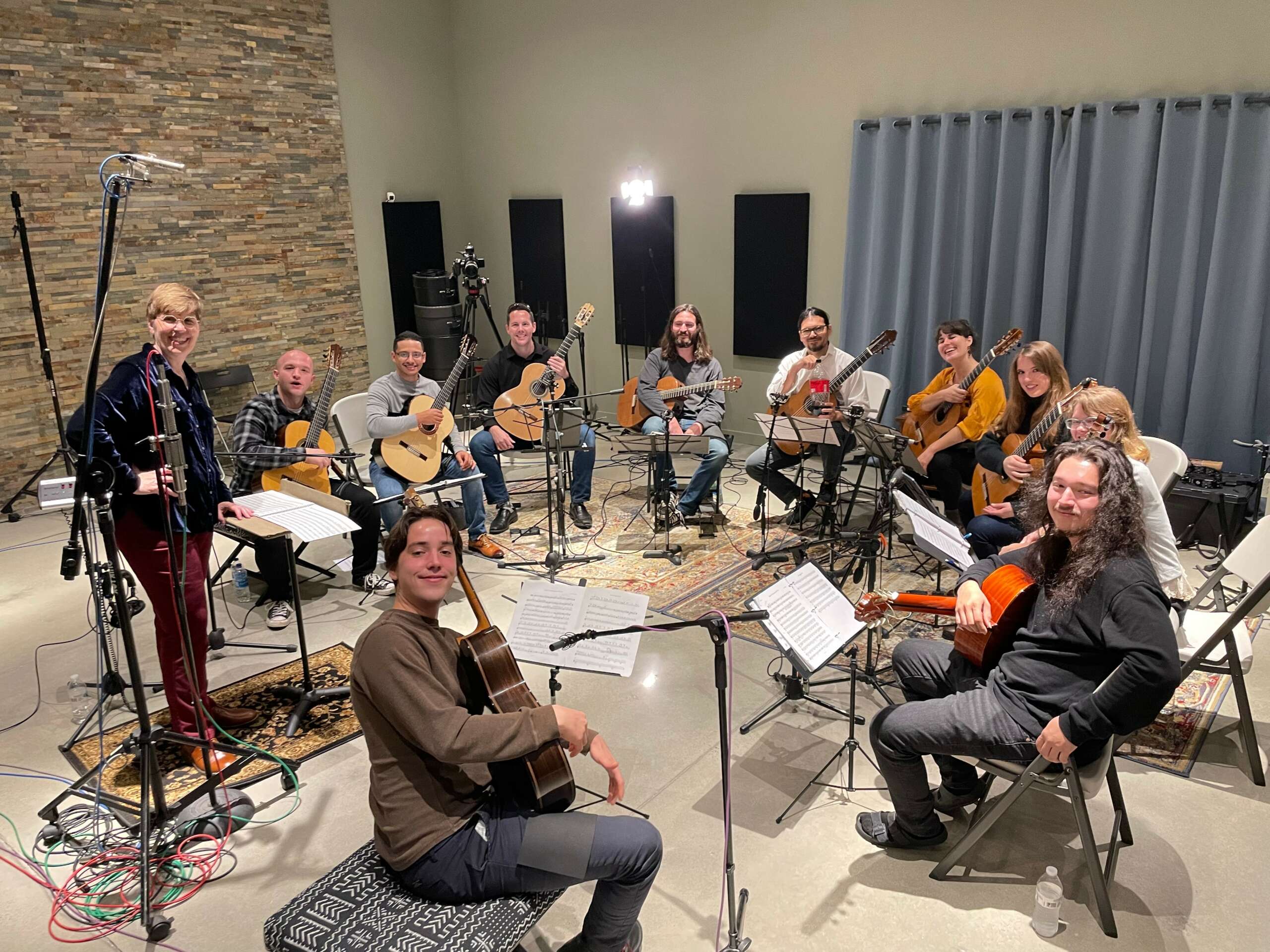
What’s worked well for you in terms of a source for new clients?
It’s always been word of mouth. That’s become much more challenging in the age of streaming, where no one sees credits anymore. Honestly the independent distribution chains are negligent here. I know clients submit credits, yet they don’t make it to Spotify/etc. I frequently hear from people that they had no idea I was involved in various records, including the most well known examples. Social media has somewhat replaced the built in advertising of credits on a physical product, and the in depth music press that’s gone the way of the dinosaur. My website is wildly antique now that the social has become the primary point of contact. Film and TV has an advantage here, being organized industries that mandate proper credits.
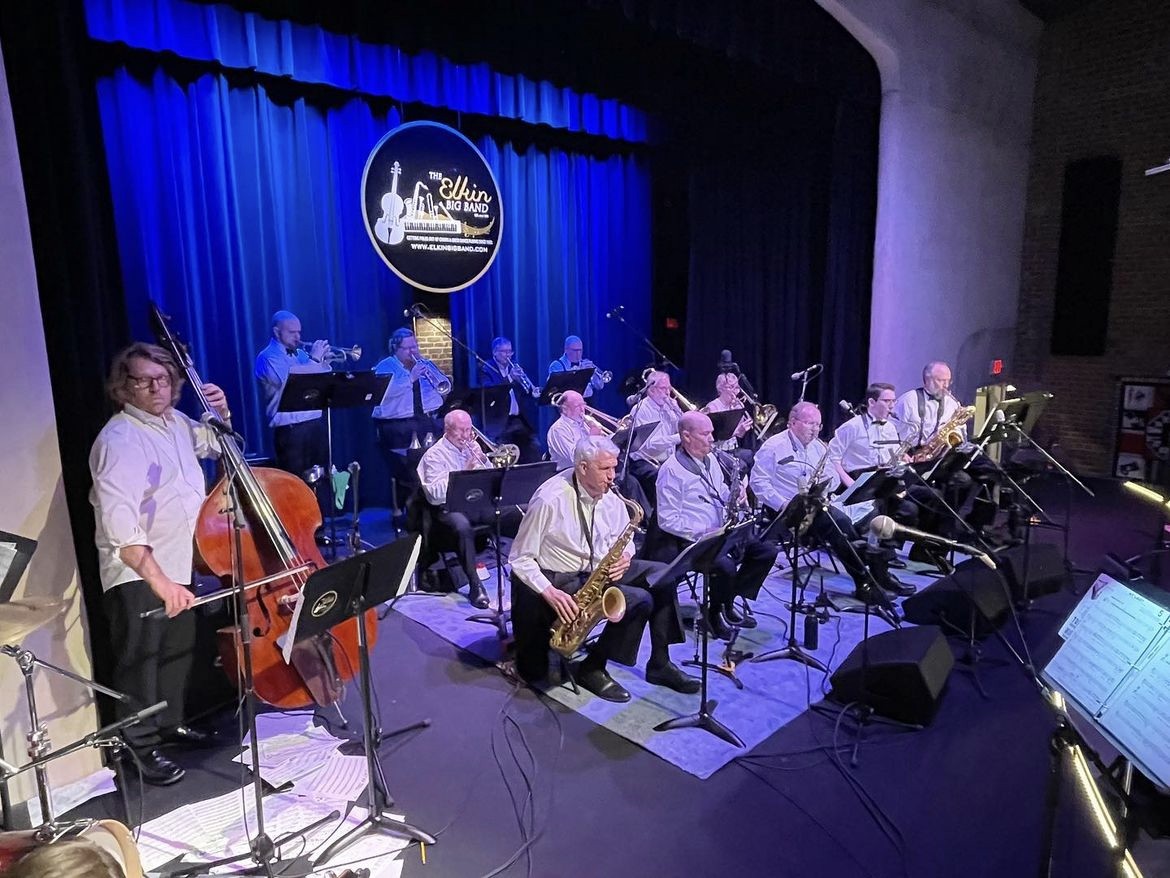
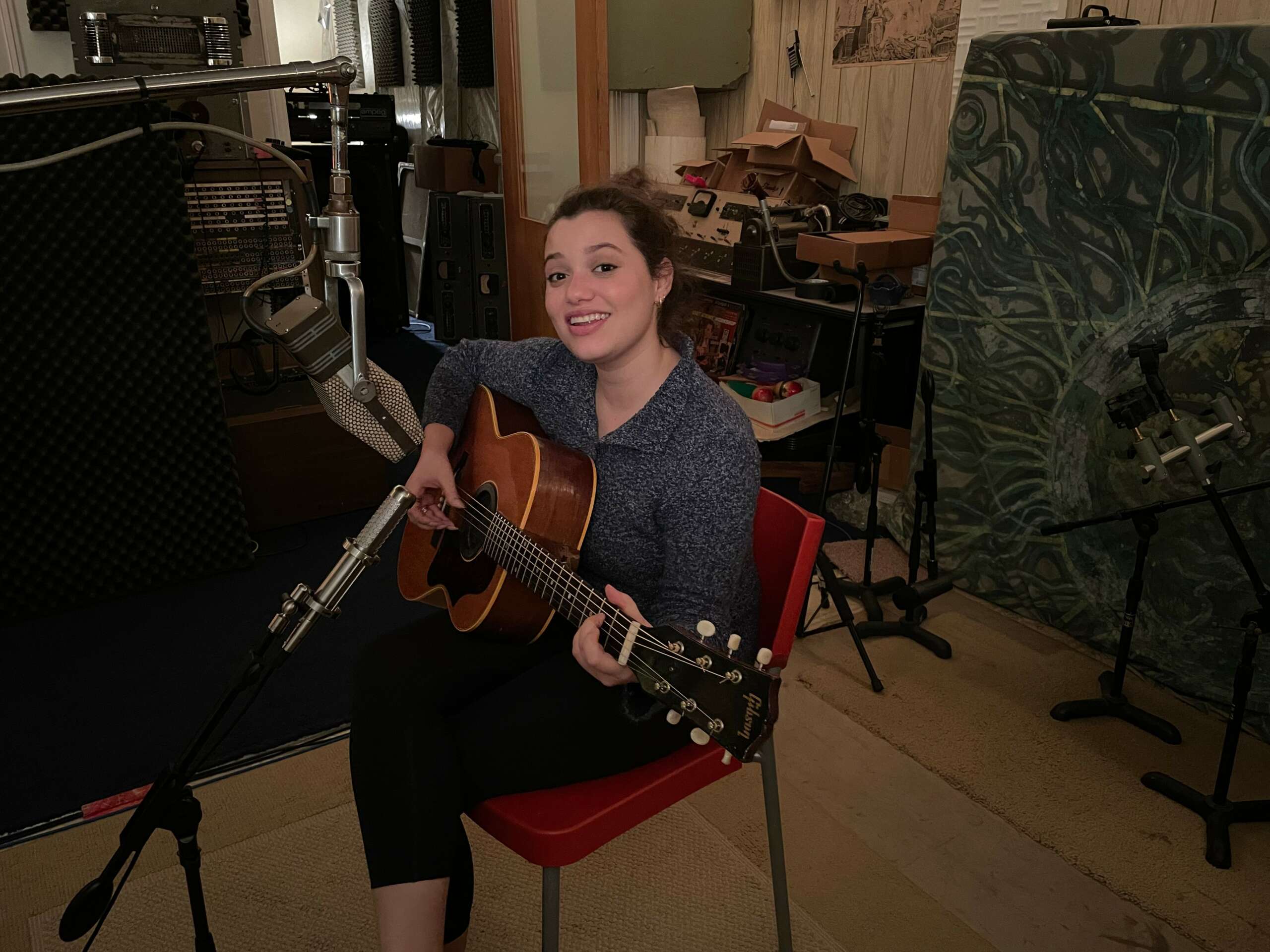
Are there any books, videos or other content that you feel have meaningfully impacted your thinking?
I really took a lot from Mike Monteiro’s two books “Design is a Job” and “You’re My Favorite Client”, dovetailing books that define a lot of things about the creative process that are frequently vague and riddled with emotion. The perspective is graphic design, but the messages are universal.
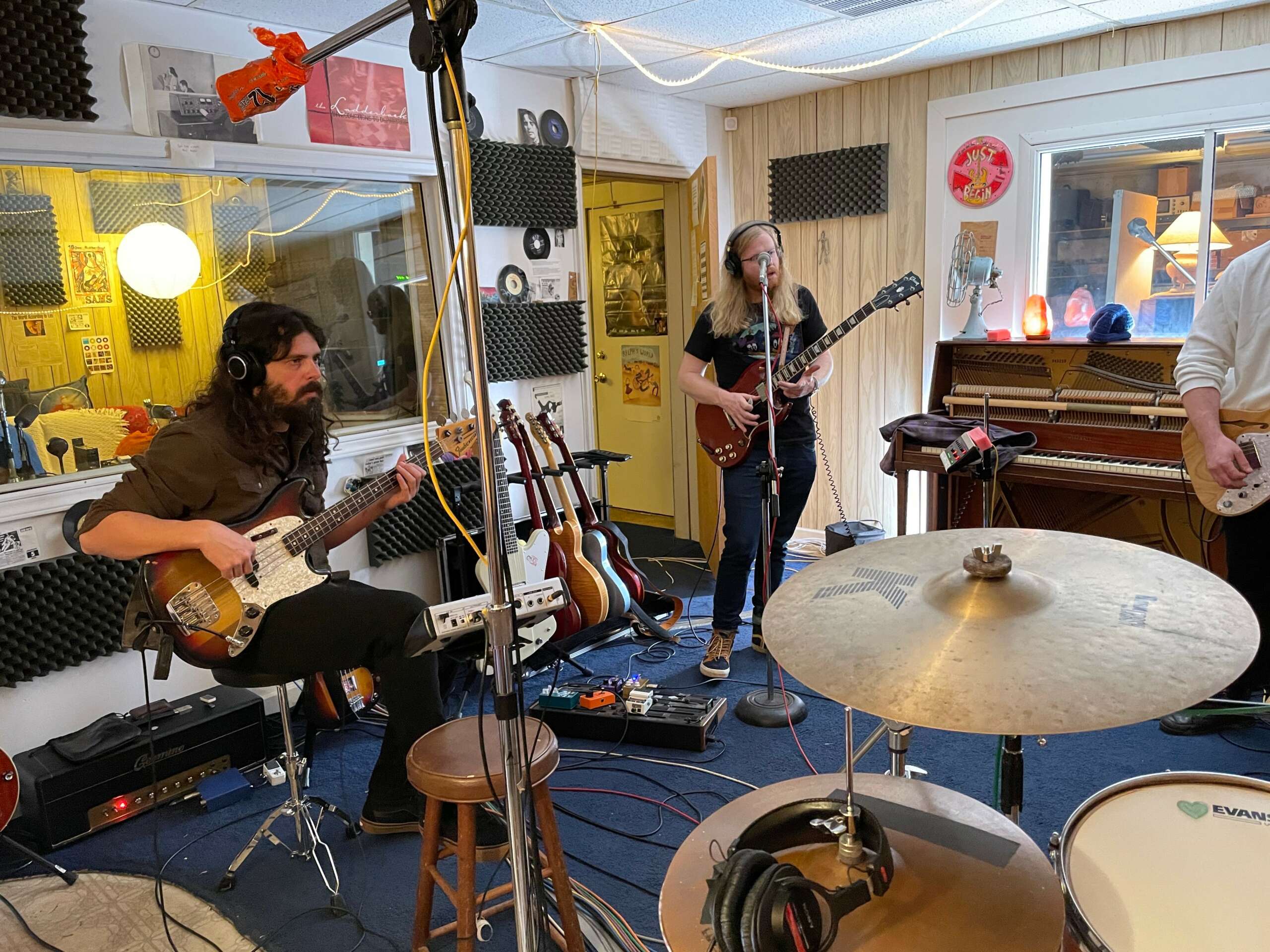
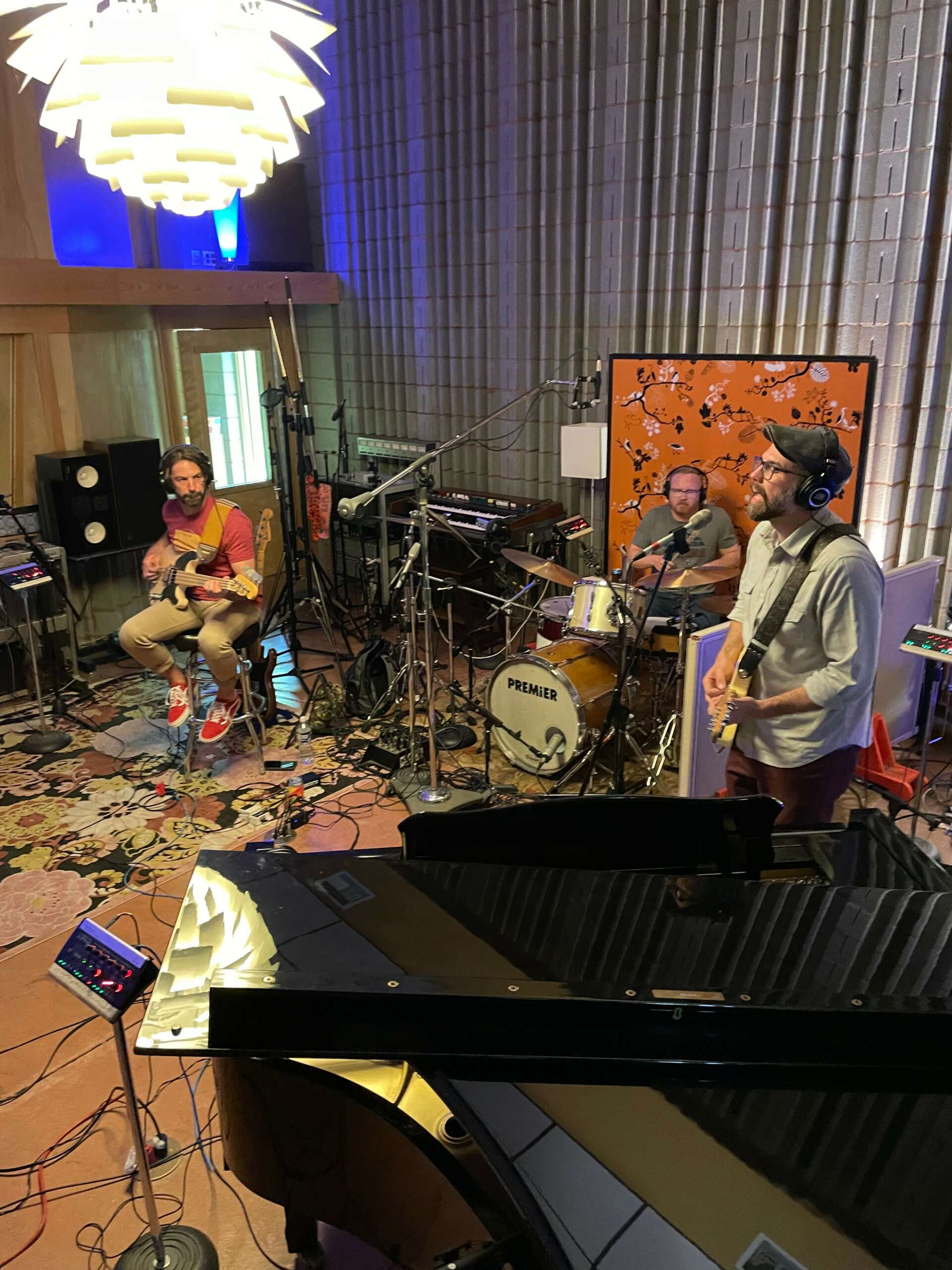
Contact Info:
- Website: https://www.emrrecorders.com
- Instagram: https://www.instagram.com/emrrecorders/
Image Credits
IMG_0505$$$.JPG – Kevin Callahan, remainder – Doug Williams


